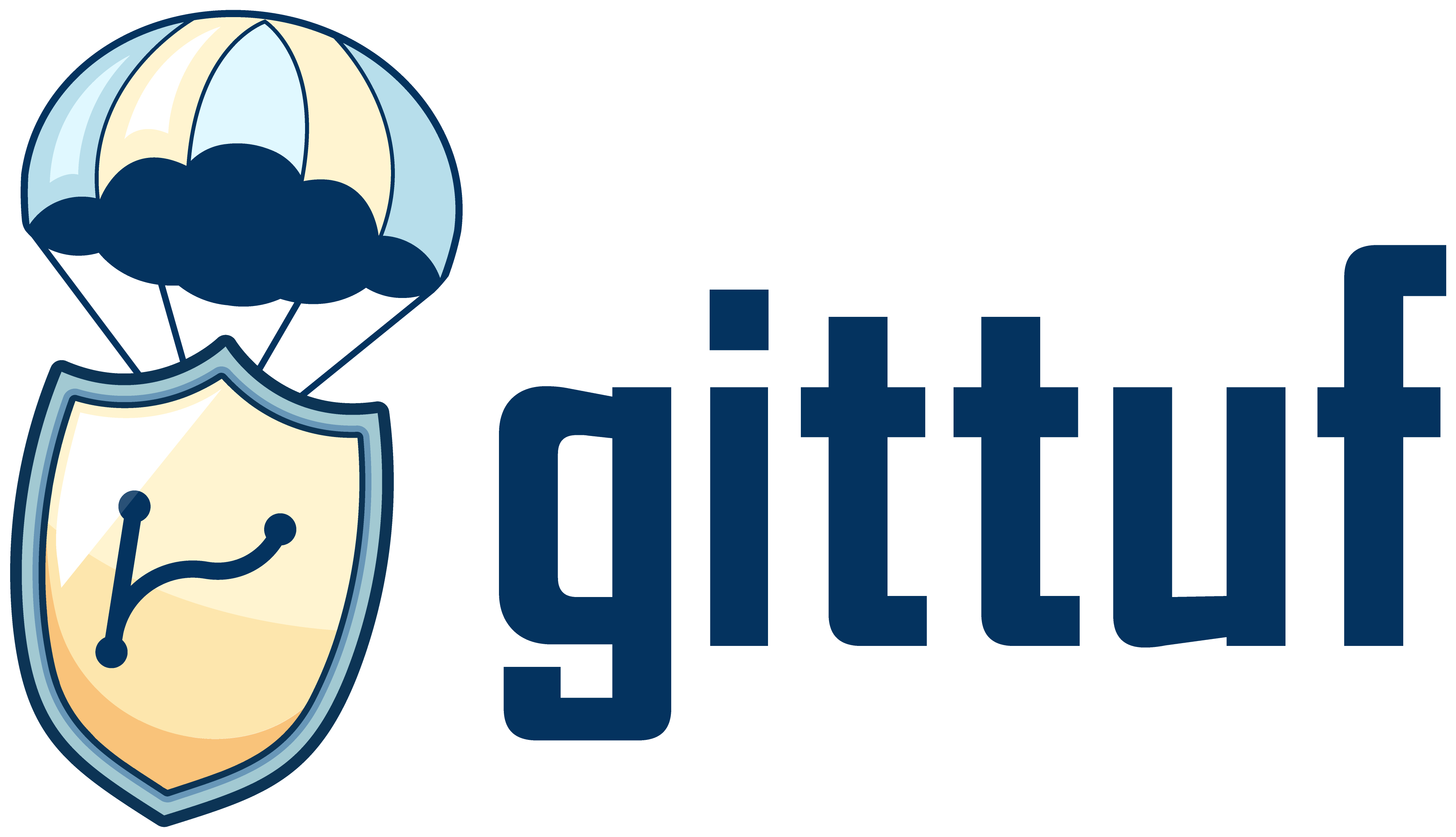Hello gittuf!
The Linux Foundation has an initial set of documents for you to review that we think are useful for gittuf:
- Technical Charter Draft
- (NOT NEEDED) Contribution Agreement Draft (NOT NEEDED)
- (NOT NEEDED)Series Agreement Draft(NOT NEEDED)
Please review these materials and let us know if you have any questions. To give you some background on these materials:
Technical Project Charter Template
A technical charter is created for all new projects to define both the project operations and the IP policy. This document is used to set up an LLC entity, and this becomes the core governance of that LLC. We have proposed technical oversight for the project falls to a “Technical Steering Committee” made up of the project’s committers. At a later date the TSC is free to evolve how membership on the TSC is determined to accommodate project growth and the evolution of its governance.
If you like this doc as is let me know and we can adopt it, if you have changes then come to an agreement in together and then we can look at it too.
Project Contribution Agreement
In order to enable collaboration across organizations, the Linux Foundation and its project hosting entities hold project names, logos and key accounts (e.g., domain names, GitHub accounts, etc.) for the benefit of the project community. The way we do this is through the execution of the Project Contribution Agreement with the project’s founding organization or, in some cases, individual. While companies transferring project names and logos to us can continue use those names and logos in accordance with our trademark usage guidelines (please see https://lfprojects.org/policies/trademark-policy/), project names should not be used as part of a commercial product name. If you are currently using the name of the project as part of a product name, please let us know.
While the Project Contribution Agreement will ask about any trademark registrations, please note your organization may have common law trademark rights in a project name even if a registration has not been filed. Therefore, unless the project name has never been used publicly, we have Project Contribution Agreements signed even if there are no trademark registrations.
Series Agreement
You will note that the Technical Charter refers to the project as being organized as a “series” of LF Projects, LLC. LF Projects, LLC is one of our project hosting entities, and is a Delaware series limited liability company. Using LF Projects, LLC allows us to give a form of legal identity to projects. The document that gives existence to the project as a series of LF Projects, LLC, is the ‘Series Agreement’. The Series Agreement is a document signed by LF personnel, and no action is required on your part in creation of the series. We are including a copy of the Series Agreement in this packet because the Technical Charter will include references to the Series Agreement and the Series Manager (an LF employee who can act on behalf of the series).
Next Steps:
In terms of moving forward, the next steps are as follows:
Copyright © gittuf a Series of LF Projects, LLC
For web site terms of use, trademark policy and other project policies please see https://lfprojects.org/.
Should you have any questions, please do not hesitate to contact us. If you’d like to set up time to discuss these documents in further detail, please let us know a few suitable times.
Contacts
Your OpenSSF contact is Amanda Martin @hythloda on GitHub or [email protected] with any questions. You can book a time in my Calendar or invite me to any of your meetings to discuss the documents and I will generally rearrange my calendar to attend.
Project Formation
If you have any questions about the process of bringing your project to the LF, please reach out to Scott Nicholas, VP of Project Formation, and Todd Benzies, Senior Director of Project Formation, at [email protected].
It's good to review the FAQ on Project formation.
Thank you!

